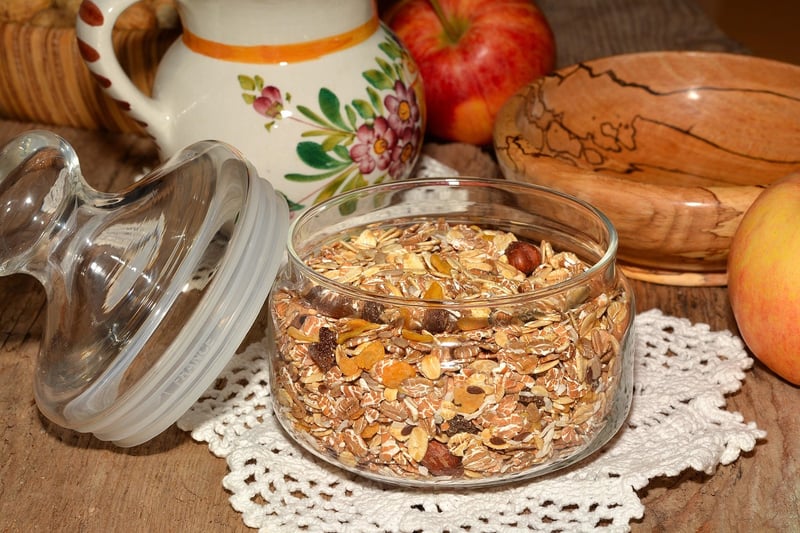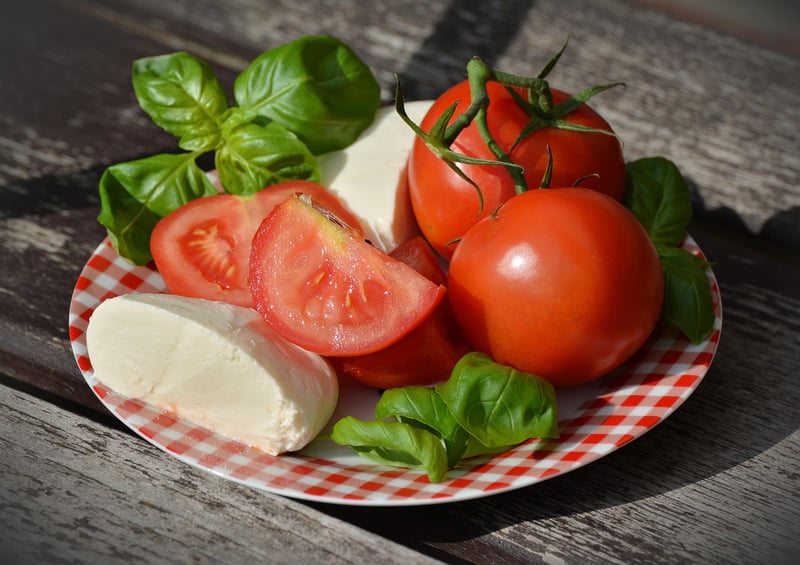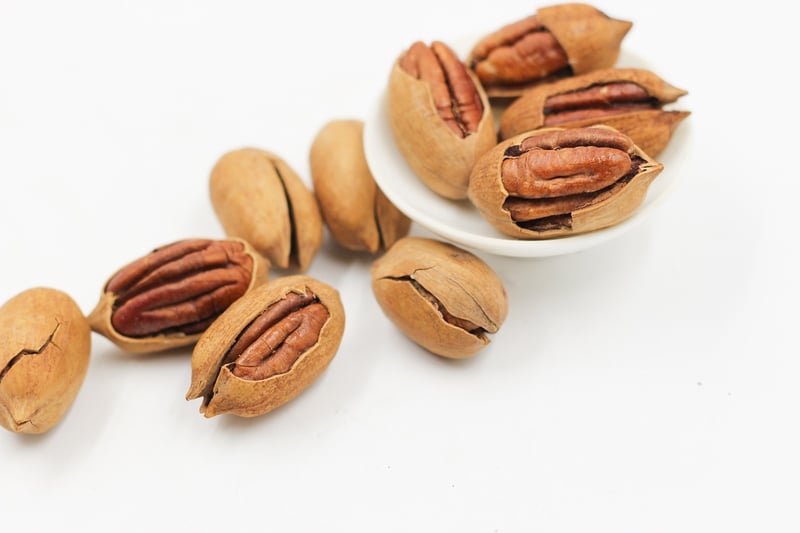Meal Planning
Optimizing Your Health: A Guide to Balanced Diet and Meal Planning
Ensuring you maintain a balanced diet is crucial for overall health and well-being. By incorporating a variety of nutrient-rich foods into your meals, you can provide your body with the essential vitamins and minerals it needs to function optimally. Additionally, meal planning can help you stay on track with your dietary goals and make healthier choices. Let's explore how you can create a balanced diet and effectively plan your meals.
The Basics of a Balanced Diet
A balanced diet consists of a mix of different food groups in the right proportions. These include:
- Vegetables and fruits: Rich in vitamins, minerals, fiber, and antioxidants
- Protein sources: Lean meats, poultry, fish, eggs, beans, and nuts
- Whole grains: Brown rice, quinoa, whole wheat bread, and oats
- Dairy or dairy alternatives: Milk, yogurt, and cheese or fortified plant-based options
- Healthy fats: Avocados, nuts, seeds, and olive oil
By including these food groups in your meals, you can ensure you are getting a diverse array of nutrients necessary for good health.
Meal Planning Tips
Meal planning can help you save time, reduce food waste, and make healthier choices. Here are some tips to get you started:
- Plan your meals for the week ahead, including breakfast, lunch, dinner, and snacks.
- Consider your schedule and prep meals in advance to save time during busy days.
- Include a variety of foods from different food groups to ensure nutritional balance.
- Try new recipes to keep your meals interesting and prevent boredom.
- Make a grocery list based on your meal plan to avoid impulse purchases at the store.
- Batch cook and freeze meals for easy reheating on hectic days.
Sample Meal Plan
Here's an example of a balanced meal plan for a day:
- Breakfast: Greek yogurt with mixed berries and nuts
- Lunch: Grilled chicken salad with avocado and balsamic vinaigrette
- Snack: Carrot sticks with hummus
- Dinner: Baked salmon with quinoa and steamed broccoli
Remember to adjust portion sizes based on your individual calorie needs and activity levels.
By following these guidelines for a balanced diet and incorporating meal planning into your routine, you can take proactive steps towards improving your health and well-being. Start today and reap the benefits of nourishing your body with wholesome, nutritious foods.




